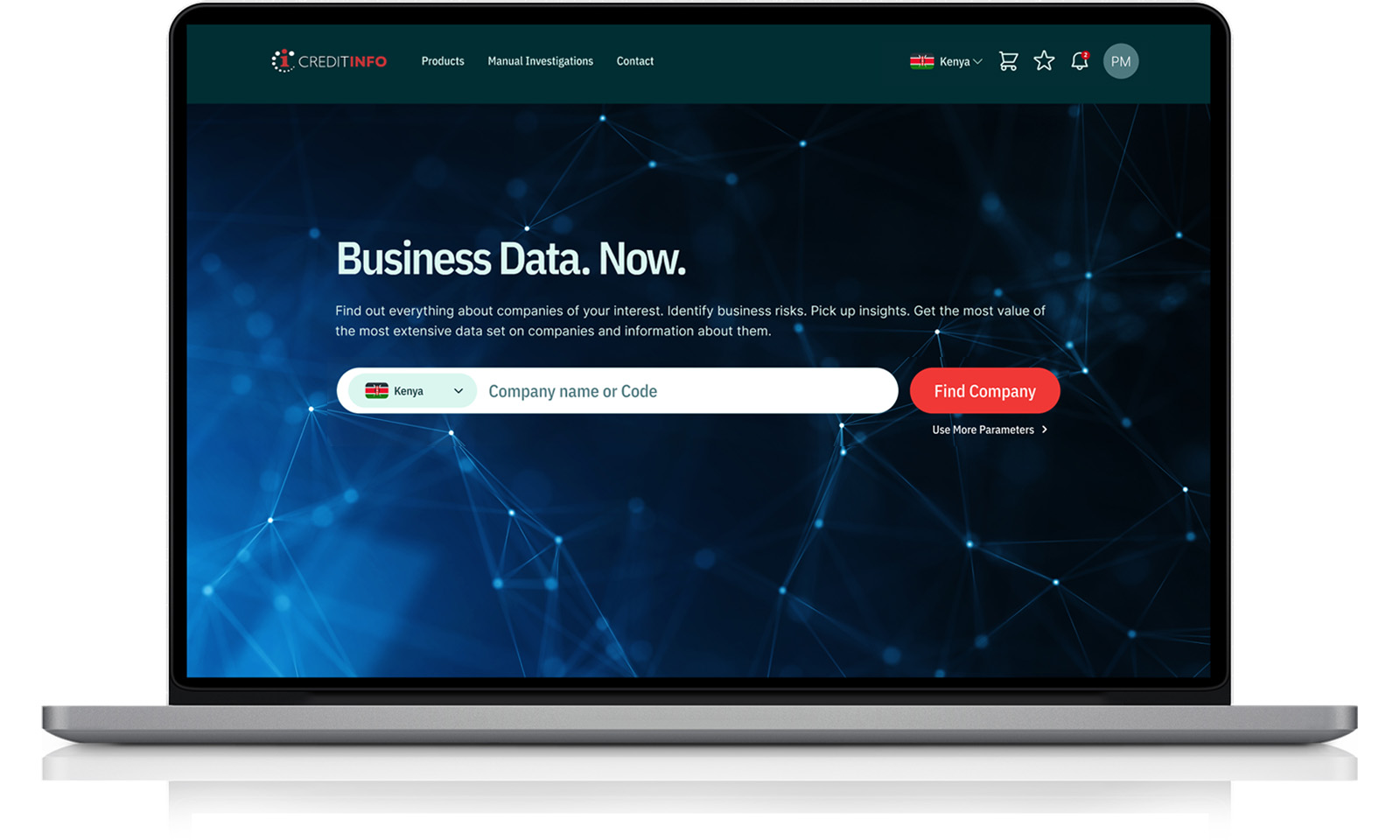Get Notified About Changes in Your Portfolio
Configure data-driven alerts and be notified about major changes in your portfolio. There is no need to check data changes manually, let them come to you automatically. Monitoring is a powerful feature that notifies you about important business events or data changes recognized during a processing of data from your selected portfolio. The feature comes with a predefined set of monitoring rules that can be customized by setting threshold parameters.
get in touchWhat is Monitoring?
A data-driven monitoring rule helps you to automatically identify and keep you informed about a wide range of changes and important business events, e. g. related to risk flags or increased debt burden, such as:
- New defaults or account openings
- Subjects that fall into arrears greater than a configured amount
- Subjects reaching a configured risk grade
- Newly disputes or reported bounced cheques
To click even with your custom use case, the feature gives you freedom to create multiple monitoring rules with a different set of subjects, monitoring rules, and recipients of notifications.
How does Monitoring work?
Related Products

Credit Reports
Deliver precise and aesthetic credit reports that are easily customizable to include additional data blocks and credit scores, to click with specific use cases.
Read More
Credit Scoring
Leverage the full potential of your data for credit decisions. Automate and enhance your decision-making process through advanced analytics.
Read More








